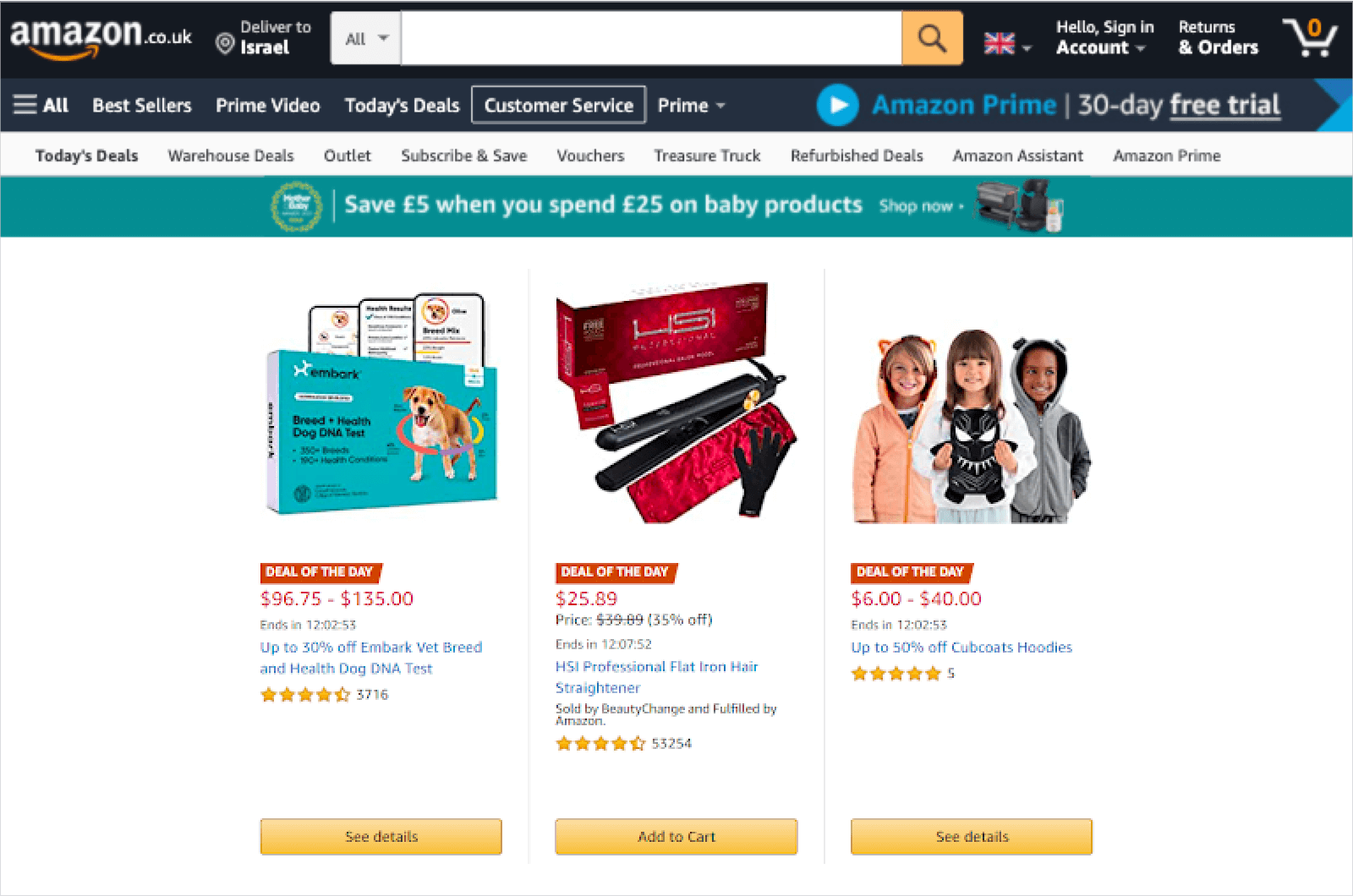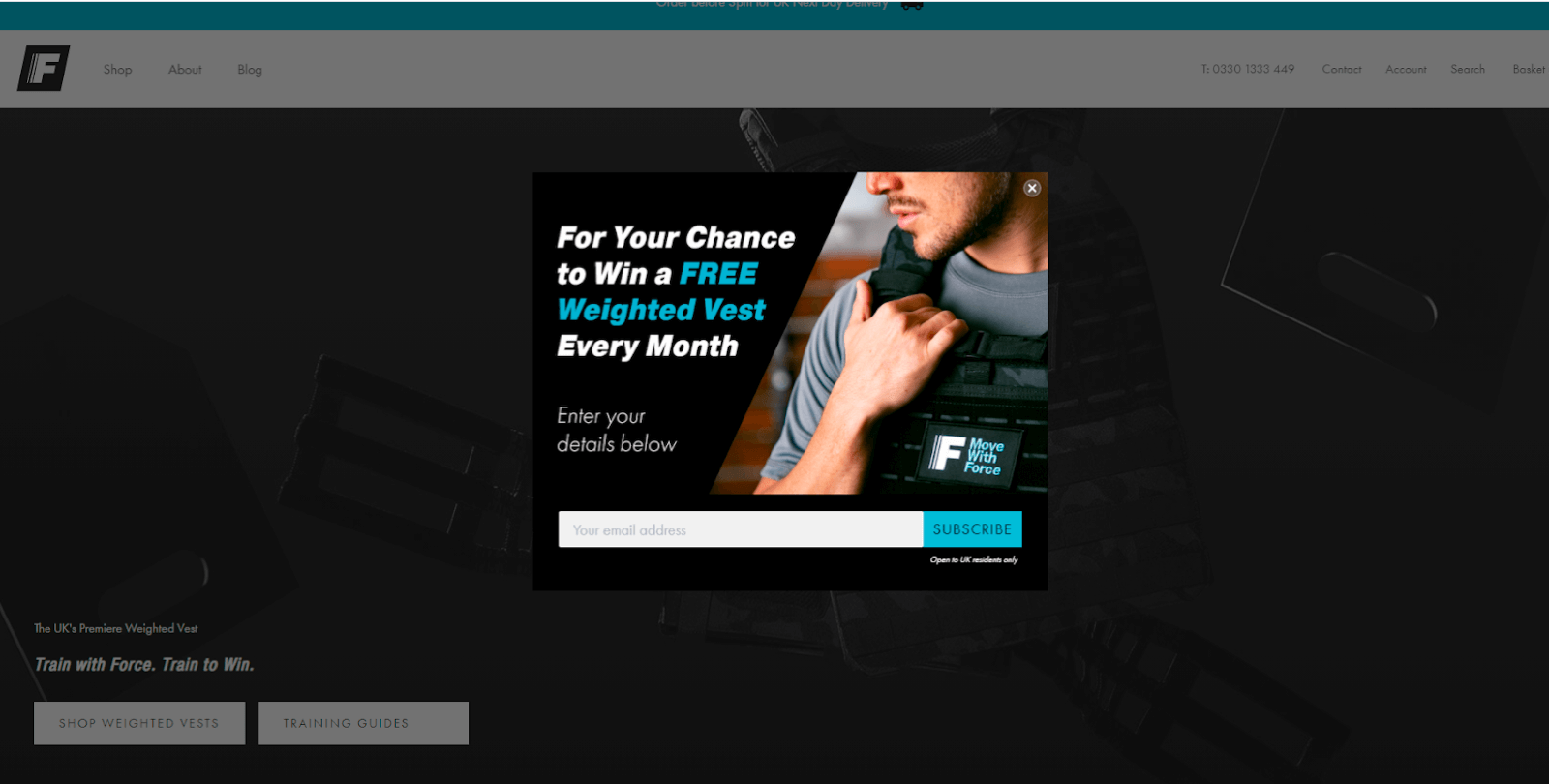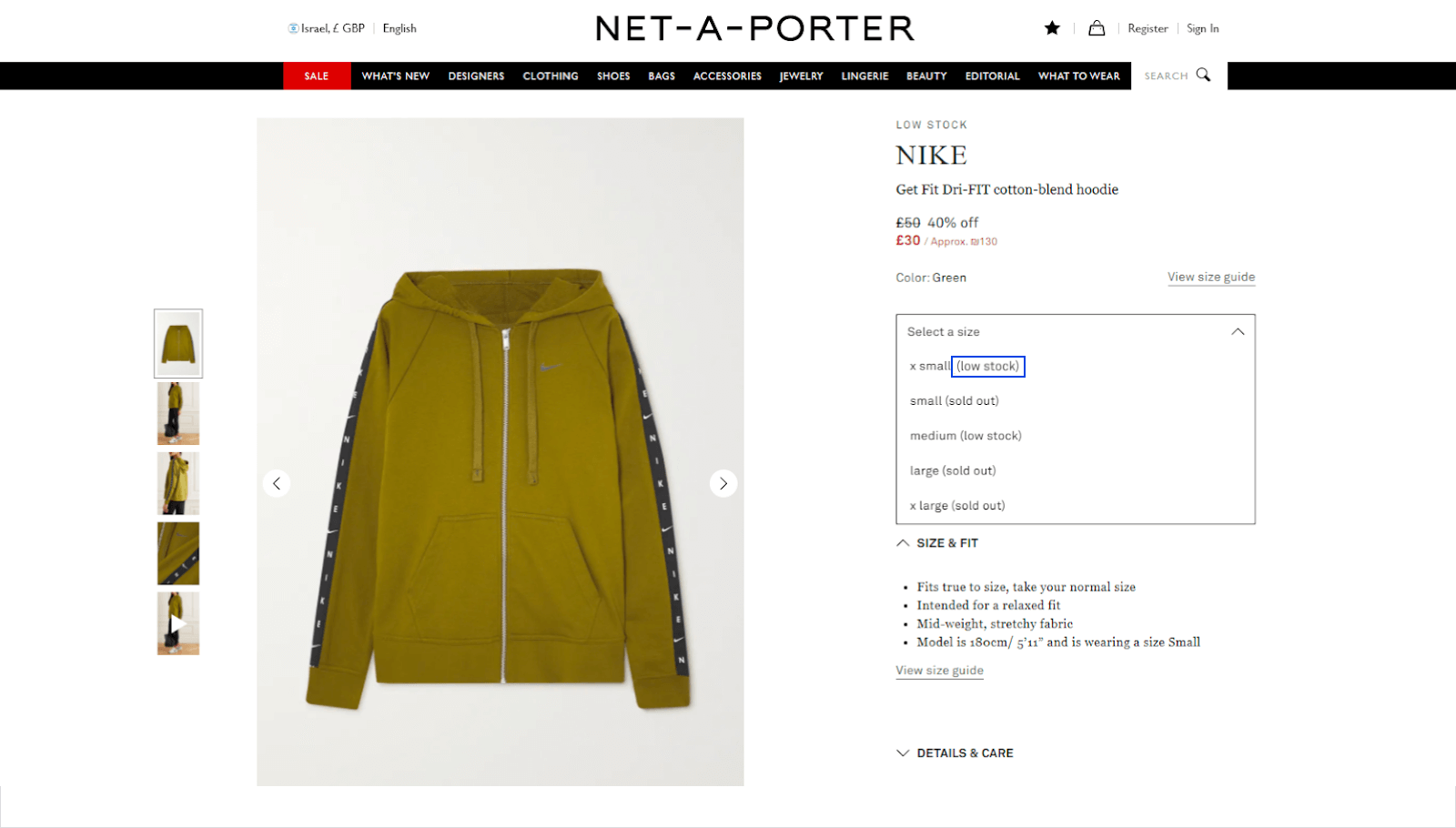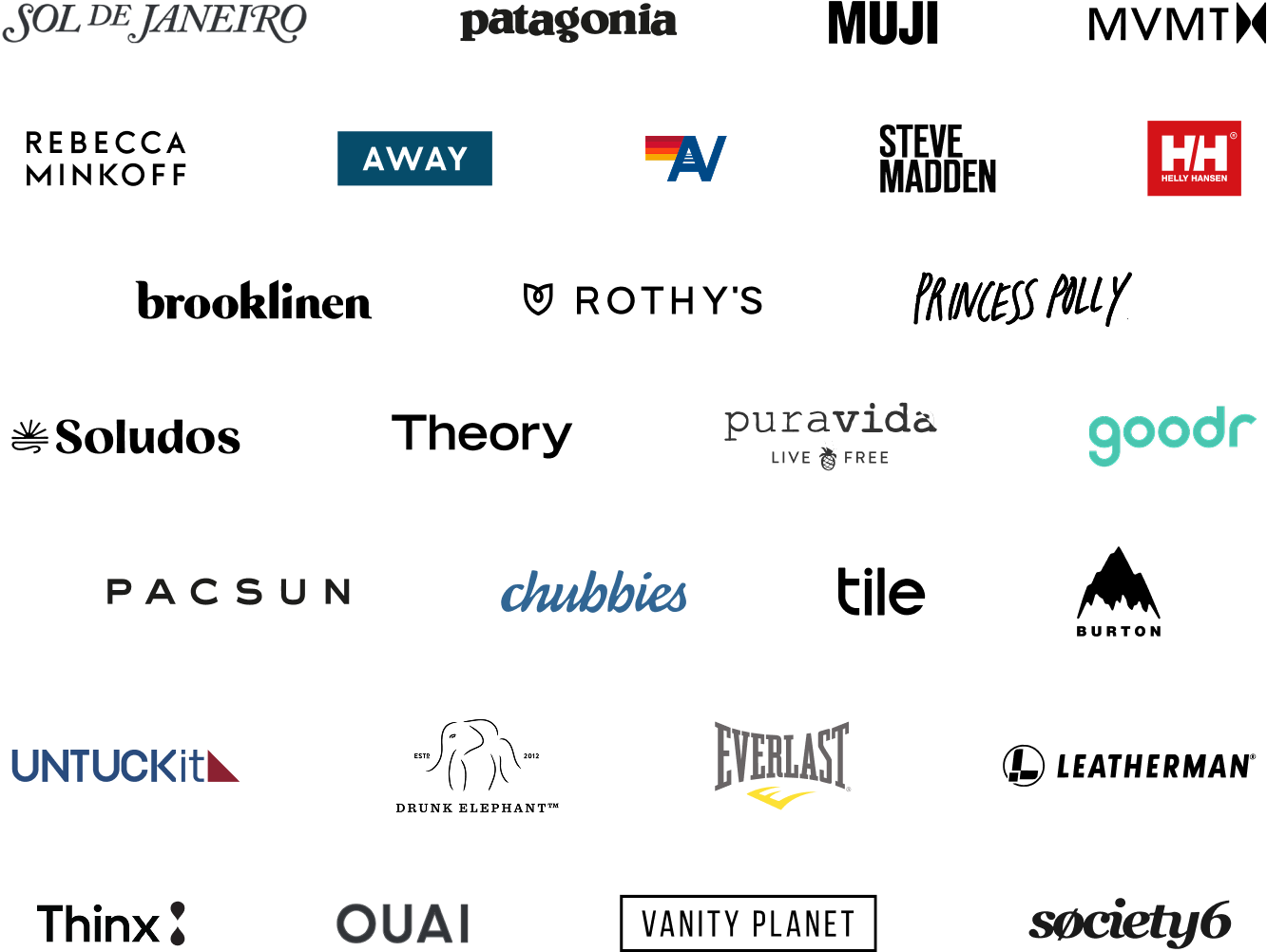Encourage Shoppers to Make a Purchase with Urgency & Exclusivity
Appealing to your customer’s FOMO is an effective way to push them to convert. Learn how to use scarcity, a sense of urgency, and exclusivity to drive more sales.
 Product Page Guide
Product Page Guide
Appealing to your customer’s FOMO is an effective way to push them to convert. Learn how to use scarcity, a sense of urgency, and exclusivity to drive more sales.
In a famous study conducted in 1975, researchers placed identical cookies in two glass jars. One jar had 10 cookies in it; the other two. They then asked participants to assess the value of the cookies. Though the cookies in each jar were exactly the same, the subjects valued the ones in the emptier jar higher. Why? Scarcity impacted their perception of value.
Scarcity is also a motivating factor when it comes to eCommerce. In this chapter, we’ll discuss how to use scarcity, a sense of urgency, and exclusivity to drive more sales.
Limited-time offers are those that are only available for a set period of time. They create a sense of urgency in consumers, motivating them to take advantage of the promotion before it ends.
Some offers are inherently limited-time only, like seasonal promotions. This includes Black Friday sales, Halloween costumes, or Starbucks’ famous pumpkin spice latte that comes back each fall. These types of promotions create urgency because consumers know when they are going to end.
Here are some other types of limited promotions to consider for your online store:

Countdown timers are extremely effective for promoting limited-time offers. They offer customers a visual reminder of how much time is left before they miss out on a deal. Amazon has this well integrated into their deal section.

At Eastside Co, we often change hero images on our clients’ sites, making sure there is an end date displayed on them so it’s clear for all users. This is especially important if they have arrived onsite organically — they will not have been driven there by sales messaging on paid ads, so we need to ensure they still receive the sale information.
Pop-ups are also an effective way to promote sales and their limited-time availability. For example, we recently applied this to an offer run by a personal care brand, where we served one pop-up with sale details to subscribed profiles, and another to profiles who were not subscribed to email, notifying them of the sale but also encouraging them to subscribe for notification of future offers. This technique worked wonders, boosting conversions through the sale while also growing the subscription database for the next sales campaign.

With one of our fitness apparel clients, we use language to increase a sense of urgency throughout the 3-step Abandoned Cart flow. We begin by asking if they’re missing something, before telling them not to miss out. If this does not result in a conversion, we then reach out as a last resort with a 10% discount code. To increase persuasion here, these codes are always time limited so there is encouragement to convert quickly.
Limited-time offers don’t just appeal to consumers’ fear of missing out, or FOMO. They can also be used to generate excitement. Look at how excited McRib fans get whenever McDonald’s announces its brief return. That buzz translates into news stories, hashtags, and, for the brand, an increase in sales.
If we go back to the cookie example at the beginning of this chapter: what made the jar with two cookies so appealing compared to the one with 10? The assumption that there had been more than two originally, and that they were running out because they were better than the other option.
Limited availability can often be more powerful than limited time. With limited time, you lose out on a sale, or a free gift, but the product is still there if you decide you want it later. With limited availability, it may be gone forever when stock runs out. And like the cookies, making customers aware that there is limited stock left of a product makes them believe that your product is highly valued.
There are many different ways to promote limited availability, including:

If you’re going to sell a product that you know will generate a lot of sales, you can release it in limited batches and add messaging like “only x available!” Knowing that there’s only a small amount of product available makes consumers who buy it feel like they are part of an exclusive club.
Another way to create urgency and the feeling of exclusivity is by offering loyal customers early access to a promotion.
We frequently use segmentation to offer exclusives to our most engaged audience via pop-ups, email, and SMS. The customer base is split into three tiers, depending on their purchase history in the past year. Those in the top tier are offered earliest access, followed by the second tier, before the rest of the audience is notified. This early access messaging encourages urgent purchasing successfully by emphasizing limited stock that will sell quickly when it becomes available to all.
FOMO is baked into the social media experience. We don’t want to miss pictures of our sister’s new baby, the next trip that hugely successful guy from high school is going on, or what celebrity is about to get canceled. Brands can take advantage of this environment to create FOMO around their products.
Another way you can create a feeling of exclusivity on social media is by featuring your customers. Offer customers a hashtag to post their purchases on, and then share them on your brand’s social media. It will make your customer base feel like an exclusive club, and the rest of your followers will want to join, too.
Appealing to your customer’s FOMO is an effective way to push them further along the sales funnel and get them to convert. And the more urgency you can build around buying your products, the higher your customers will value them. Just like the cookies.
“Yotpo is a fundamental part of our recommended tech stack.”
 Laura Doonin, Commercial Director
Laura Doonin, Commercial Director








